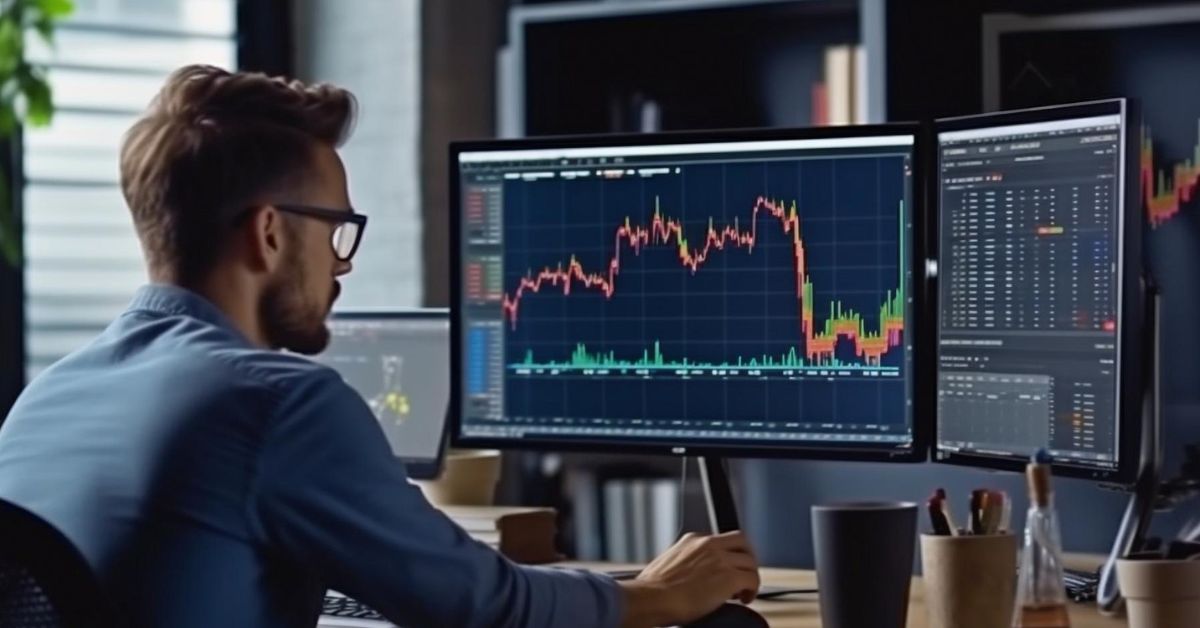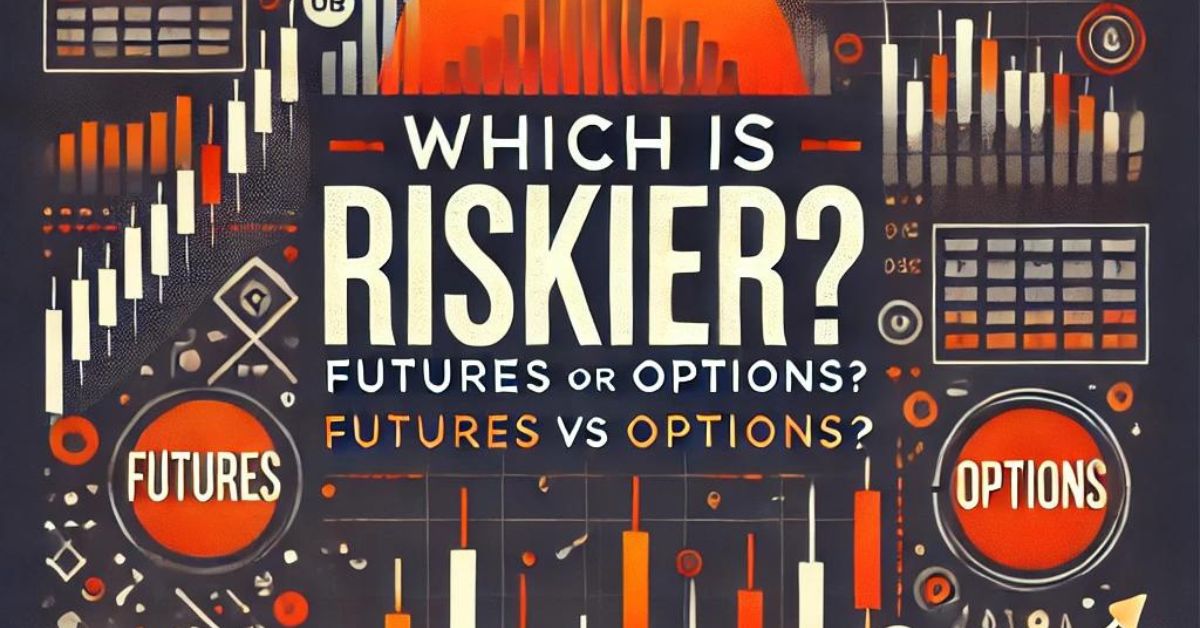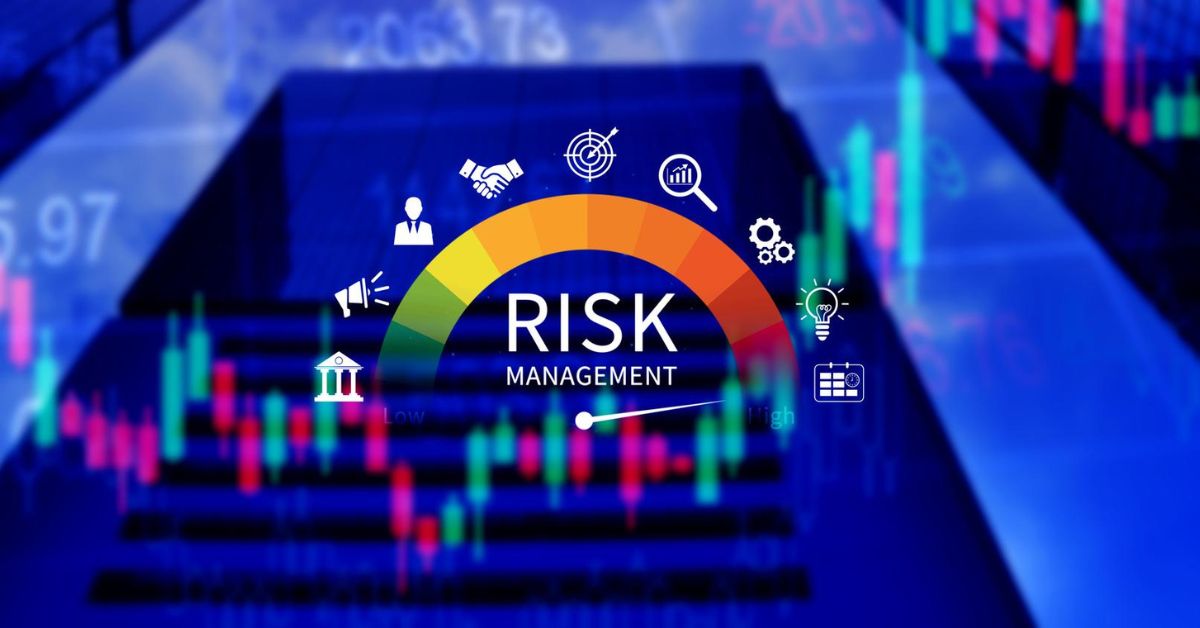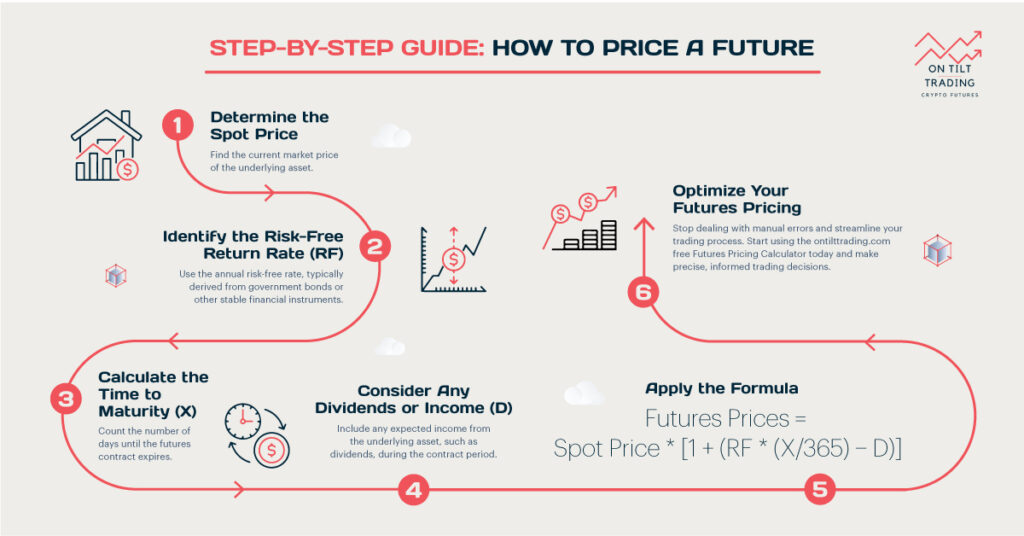Navigating the world of trading can be confusing, especially when comparing futures and options. Each offers unique challenges and opportunities, appealing to different types of traders. If you want to invest wisely, you must understand these markets. So, which are riskier futures or options?
The futures contract is an agreement to buy or sell an asset at a predetermined price in the future. They come with significant leverage, which can lead to substantial gains or losses.
On the other hand, options allow traders to speculate on price movements with limited risk. However, their complexity can lead to misunderstandings. In this article, we will explore the risks related to futures and options so you can make informed trading decisions. Let’s get started.
What are Futures Contracts?

Futures are contracts to buy or sell an asset at a predetermined price. These contracts specify a future date for the transaction. They are legally binding agreements traded on regulated exchanges. Futures are standardized, meaning the exchange sets its terms. This standardization allows for easy buying and selling.
Traders can hedge against price fluctuations or speculate on market movements. The leverage involved can magnify gains but also increase risks. Participating in futures markets requires a thorough understanding of the market. They offer opportunities but require careful management.
How does Futures Trading Work?
Futures trading involves buying and selling contracts for future delivery. Traders enter positions based on price predictions. They can go long (buy) or short (sell) based on the market outlook. Each contract requires a margin deposit, which acts as collateral. This margin allows traders to control larger positions than their initial investment.
Contracts have expiration dates, meaning they must be settled by a specific date. Upon expiration, traders can settle the contract either by physical delivery or cash settlement. Understanding these mechanics is key to successful futures trading.
Common Assets Traded in Futures
Futures contracts are available for a variety of assets. Common commodities include oil, gold, and agricultural products like corn and wheat. Indices like the S&P 500 and Dow Jones are also traded as futures. Currency futures allow trading in foreign exchange markets, such as the euro or yen.
Additionally, cryptocurrency futures have gained popularity, enabling traders to speculate on digital currencies. Each asset has unique factors affecting its price, and familiarity with these assets helps traders make informed decisions in the futures market.
What are Options?

Options are contracts that give the holder the right, but not the obligation, to buy or sell an asset. They come in two types: call options and put options. A call option allows the purchase of an asset at a specified price. Conversely, a put option gives the right to sell an asset at a specified price.
Options contracts have an expiration date, after which they become worthless if not exercised. These contracts provide traders with flexibility and strategic possibilities. Understanding the fundamentals of options is crucial for effective trading.
How Options Trading Works
Options trading involves buying and selling contracts based on price predictions. Traders pay a premium to purchase an option, which is the maximum loss the trader faces if the option expires worthless. Options can be exercised, sold, or held until expiration.
The underlying asset’s price movements affect the option’s value. Factors such as time decay and volatility also play a significant role. Traders can utilize various strategies, like spreads and straddles, to manage risk. Knowing how options work is essential for successful trading.
Common Assets Traded in Options
Options are commonly traded on stocks, exchange-traded funds (ETFs), and indices. Stock options allow traders to speculate on individual company shares. ETF options provide exposure to a basket of securities, diversifying risk. Index options let traders speculate on market movements without owning individual stocks.
Additionally, options on commodities and currencies are available, offering further opportunities. Choosing the right strategy for trading options requires knowledge of the assets available. Familiarity with these options enables more informed trading decisions.
Risk Factors in Futures Trading

Trading futures involves various risks that traders must understand in order to maneuver the markets successfully. These risks can lead to significant financial losses if not managed properly. Some of the notable risks are:
Market Risk
Market risk refers to the potential for losses due to price fluctuations in the futures market. Economic indicators, geopolitical events, or changes in supply and demand can all influence price volatility. Traders must stay informed about market trends to anticipate shifts. Emotional stress can also impact decision-making during volatile conditions. Implementing effective risk management strategies is essential to mitigate market risk in futures trading.
Leverage Risk
Leverage risk arises from the use of borrowed capital to control larger positions in futures trading. While leverage can magnify profits, it also increases the potential for significant losses.
A slight adverse price movement can lead to substantial losses, potentially exceeding the initial investment. Traders should carefully consider their leverage levels and ensure they do not overextend themselves. Proper risk management is crucial to mitigate leverage risk effectively.
Margin Call Risk
Margin call risk occurs when a trader’s account balance falls below the required maintenance margin. This situation often results from unfavourable price movements. When a margin call is issued, the trader must deposit additional funds to maintain their position or face liquidation.
Such forced selling can lead to unexpected financial losses. To avoid margin calls, traders should closely monitor their account balances and maintain adequate funds to meet margin requirements.
Regulatory Risk
Regulatory risk pertains to potential changes in laws and regulations governing futures trading. A regulatory body protects participants from unfair practices and ensures market integrity. However, new regulations can impact trading strategies and may restrict certain activities.
Traders must stay informed about regulatory developments to adapt their strategies accordingly. Non-compliance can result in penalties, so understanding the regulatory landscape is vital for successful and compliant futures trading.
Liquidity Risk
Liquidity risk refers to the challenge of buying or selling futures contracts without affecting market prices. In illiquid markets, low trading volumes can widen bid-ask spreads, increasing traders’ costs. Sudden market shifts can exacerbate liquidity issues, making it difficult to enter or exit positions.
Traders should assess the liquidity of the contracts they trade to ensure they can execute orders efficiently. Understanding liquidity risk is essential for effective futures trading.
Risk Factors in Options Trading

Options trading also involves various risks, which, if not appropriately managed, can lead to significant financial losses. Traders need to be aware of these risks.
Market Risk
Market risk in options trading refers to potential losses due to price fluctuations of the underlying asset. Prices can be highly volatile, and sudden market movements can lead to significant gains or losses.
Economic events, earnings reports, and geopolitical developments can impact prices. Traders must stay informed about market trends. Implementing risk management strategies is essential to mitigate market risk in options trading.
Leverage Risk
Leverage risk arises from the ability to control large positions with a small investment. Options can amplify both profits and losses. A slight adverse price movement can lead to significant financial losses.
Traders should carefully consider their leverage levels. Proper risk management techniques are crucial to mitigate leverage risk effectively. Acknowledging leverage risk is essential for successful options trading.
Time Decay Risk
Time decay risk is unique to options trading. The value of an options contract decreases over time, known as theta decay. As expiration approaches, the option’s value erodes faster.
Traders must account for this when planning their strategies. The knowledge of time decay is crucial for managing options positions effectively.
Volatility Risk
Volatility risk refers to changes in the underlying asset’s price volatility. Options prices are significantly affected by volatility. High volatility can increase option premiums, while low volatility decreases them.
Sudden changes in volatility can impact the value of options contracts. Traders must monitor volatility levels closely. Effective volatility risk management is essential for successful options trading.
Liquidity Risk
Liquidity risk in options trading refers to the challenge of executing trades at desired prices. Low trading volumes can widen bid-ask spreads. It increases transaction costs for traders. Sudden market shifts can exacerbate liquidity issues.
Traders should assess the liquidity of the options they trade. Being aware of liquidity risk is crucial for effective options trading.
Which is Riskier Futures or Options?

Both futures and options trading involve unique risks. Futures trading often involves higher leverage and margin call risks, leading to potentially unlimited losses. It makes futures riskier for inexperienced traders. Options, on the other hand, provide limited loss potential, confined to the premium paid. However, options have unique risks like time decay and varying liquidity.
Experienced traders might find options less risky due to the limited downside, while beginners might struggle with complexities. Ultimately, the risk level depends on the trader’s understanding, experience, and risk management strategies. Identifying which trading instrument is more risky for you requires evaluating your personal risk tolerance and market knowledge.
Risk Management Strategies

Effective risk management is crucial in both futures and options trading. Implementing strategies to mitigate risks can protect your investments and enhance your trading success. Here are some key risk management strategies:
Diversification
Diversification spreads your investments across various assets. It reduces the impact of a poor-performing trade on your overall portfolio. By not putting all your capital in one trade, you lower risk. Both futures and options traders should diversify to minimize risk. Diversification helps balance potential losses with gains.
Position Sizing
Position sizing means controlling the amount of capital allocated to each trade. Limiting trade sizes helps manage potential losses effectively. It prevents any single trade from impacting your portfolio too much. Calculating the correct position size helps you manage risk better. This strategy is essential for maintaining a balanced risk level.
Stop-Loss Orders
Stop-loss orders automatically close a trade at a predetermined price. It prevents excessive losses by exiting trades early. Setting a stop-loss helps protect your investment. Both futures and options traders should use stop-loss orders. This strategy ensures you don’t lose more than planned.
Hedging
Hedging involves taking an offsetting position to reduce risk. For example, options can hedge futures positions. It balances potential losses in one trade with gains in another. Hedging helps manage risk exposure and protect profits. It’s an essential strategy for traders who want to mitigate market volatility.
Regular Monitoring
Regular monitoring of trades and market conditions is vital. Stay informed about economic events, market trends, and regulatory changes. It enables timely adjustments to your trading strategies. By keeping an eye on the market, you can respond quickly to changes. Regular monitoring helps you stay ahead.
Education and Training
Continuous education and training are essential for understanding market dynamics. Participate in webinars and courses. Read up-to-date materials to stay informed. You enhance your trading skills when you learn new techniques and strategies. Education helps you make better trading decisions.
Risk-Reward Analysis
Conduct a risk-reward analysis before entering any trade. Evaluate potential profits against possible losses. It helps you make informed decisions. By assessing the risk and reward, you can determine if a trade is worth it. This strategy helps you manage expectations and avoid unnecessary risks.
Avoid Over-Leverage
Leverage can amplify profits, but it also increases risks. Avoid over-leveraging your trades to prevent significant losses. Maintain a conservative leverage level. By using leverage wisely, you protect your capital. This strategy is crucial for managing risk effectively.
Read More: 5 Most Volatile Futures In 2024
Conclusion
In both futures and options trading, understanding and managing risks is crucial. Continuous learning, staying updated on market trends, and employing robust risk management strategies are essential. Psychological resilience is also vital, as market fluctuations can be emotionally challenging.
Additionally, practicing with demo accounts can build confidence and improve trading skills. Ultimately, the right approach and tools can help you navigate the complexities of futures and options trading effectively. Stay informed, stay prepared, and trade wisely.



